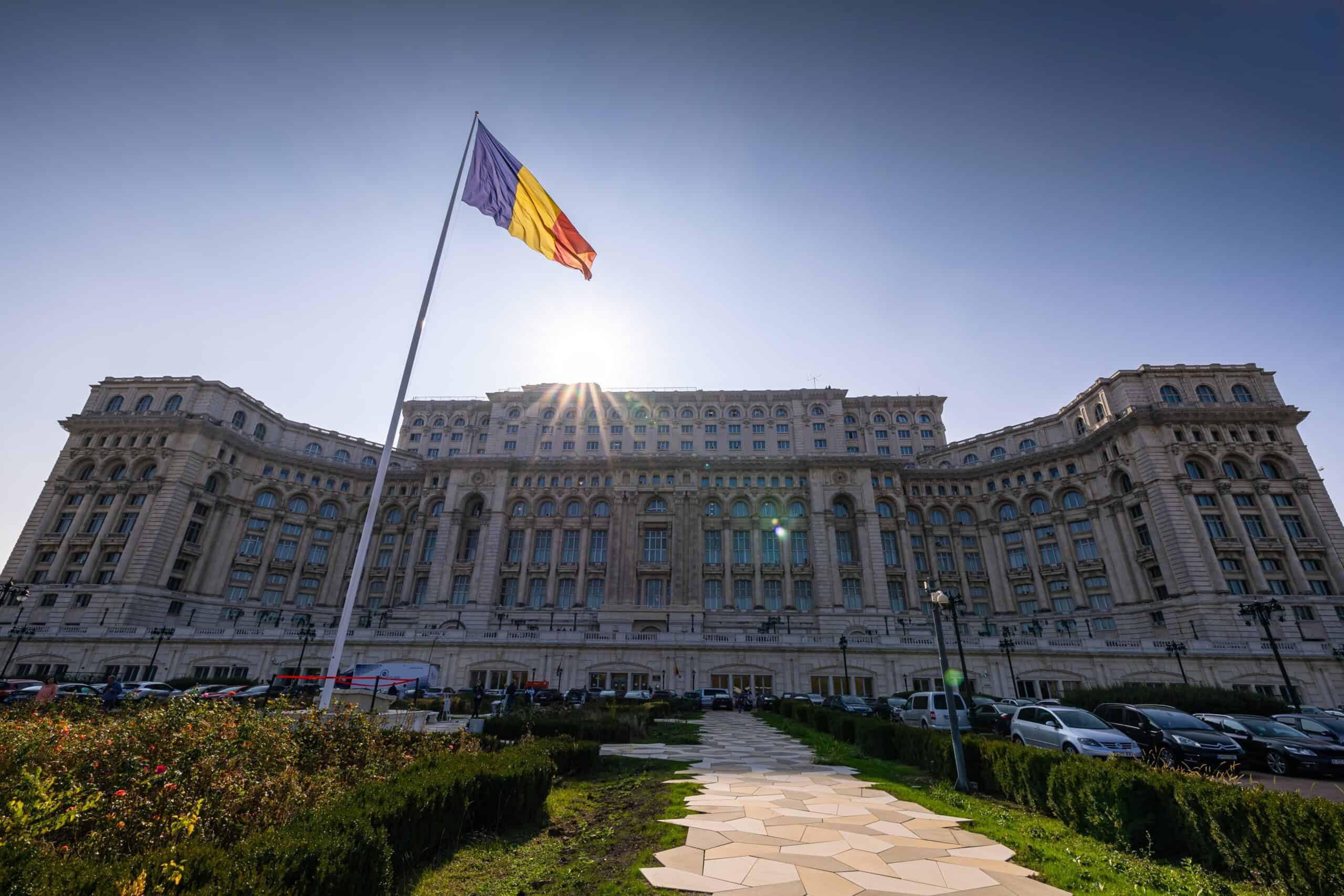A collective sigh of relief rippled through EU capitals on May 18 when former Bucharest Mayor Nicuşor Dan secured an unexpectedly strong mandate in round two of Romania’s presidential elections, besting far-right opponent George Simion with 53.6% of the vote against 46.4%.
Dan, a 55-year-old mathematician with a sober, low-key demeanor and a reputation for competence, had underper- formed in round one; but his commitment to the EU, NATO, and supporting Ukraine convinced doubters. Voters were also put off by Simion’s pro-Russian views—Romania has a history of antagonism with Russia—and his endorsement by Hungarian Prime Minister Viktor Orbán, who argues that Transylvania, incorporated into Romania by the 1920 Treaty of Trianon, should revert to Budapest.
Dan will have little time to relish his victory. Strong support for the nationalist right will remain a concern as the new government tackles major economic problems including the EU’s highest bud- get deficit at around 9% of GDP and falling living standards.
Political instability in recent months has damaged Romania’s profile in international capital markets—Fitch Ratings assigns it a BBB- with a negative outlook—and fiscal reform will be tougher given Dan’s commitment to eventually raise defense spending to 3.5% of GDP.
In his inauguration speech on May 26, Dan spoke of the need for change, arguing that the state was spending too much, and that inequalities within Romania—Southeast Europe’s largest economy with some 19 million people—needed to be tackled and institutions reformed. The new president said he wants to look to the future rather than the past and restore faith in democracy.
“It is in the national interest to send a message of stability to financial markets,” he emphasized. “It is in the national interest to send a signal of openness and predictability to the investment environment.”
Dan’s first priority will be to assemble a government out of Romania’s deeply fractured political scene. “The most likely outcome is a moderate coalition … with the potential addition of the Save Romania Union,” says Orsolya Ráczová, associate fellow for the Center for Global Europe at GLOBSEC. “This would provide fresh impetus to implement reforms agreed with the EU.”
Meanwhile, conservative historian and populist candidate Karol Nawrocki beat centrist Warsaw mayor Rafal Trzaskowski in the second round of Poland’s presidential election by approximately 370,000 votes, or 1.78%, on June 1. His victory led Prime Minister Donald Tusk to call for a June 11 vote of confidence for his coalition government the next day. Nawrocki, a strong critic of Tusk and his policies, will likely not impact the government’s foreign and EU policy much. Still, it will make it far more difficult for the Prime Minister to implement his domestic agenda.




